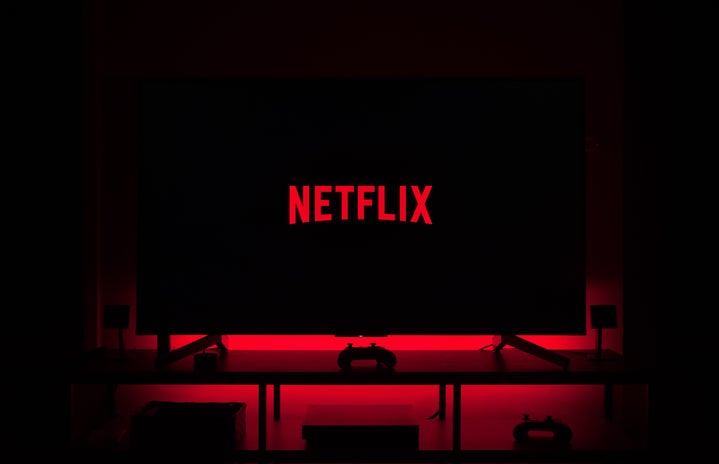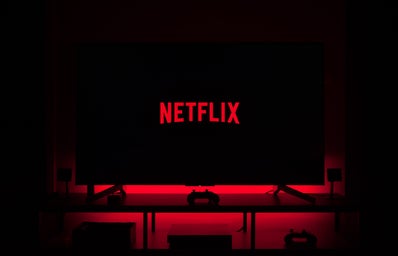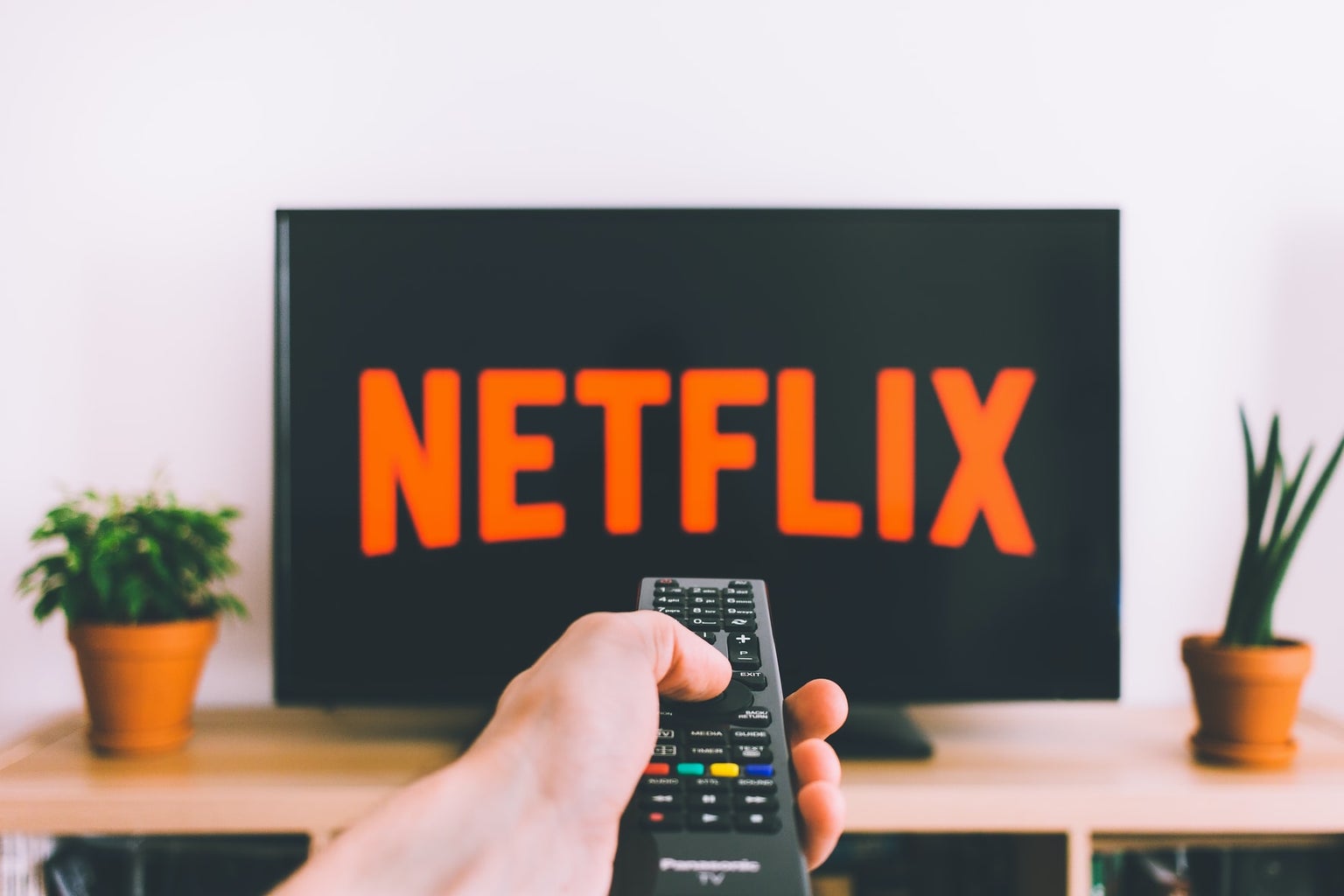Last month, Netflix announced charging for password sharing was being tested in three Latin American countries and it could be introduced around the world. Although the company said that the changes were driven by the potential of producing better material, specialists place their bets somewhere else: more profit.
The countries chosen by the company are Peru, Chile, and Costa Rica. Netflix has introduced a new feature for them, where users can add “sub accounts” for people outside their household, who have their own profile, personalized recommendations, login, and password. It will be charged a 2.99 USD fee for the service, if Netflix maintains its current prices.
Why now?
As stated by Netflix’s director of product innovation, Chengyi Long, the measure’s objective is to make it possible to share accounts “easily and securely” while the company is not affected by password sharing effects. This feature, according to Long, has been “impacting their ability to invest in great new TV and films for their members”.
Some specialists, though, think it may have something to deal with the streaming’s ability to make more profit. The truth is Netflix might have hit the ceiling of 221.8 million paid subscribers, and cannot have substantial growth in mature markets such as the United States and Europe. Therefore, charging for a practice that has been long occurring could be a way to increase the company’s income.
For example, Cowen & Co. analysts think Netflix could add an extra $1.6 billion in global revenue annually from the fee, which symbolizes a 4% increase over Netflix’s $38.8 billion projection for 2023.
The streaming also estimated that approximately half of non-paying Netflix password-sharing households will become paying customers, and of those, half will create brand new accounts. Especially considering that about 10% of the 116 million broadband households in the U.S. have someone who watches Netflix without paying for the service.
Others are less confident about these numbers: analyst Matthew Harrigan, of Benchmark Co., believes the incremental revenue from the fees would be less than 4%, even with optimistic assumptions of how many people would convert to Extra Member accounts. The fees wouldn’t be a “growth game-changer,” and could cannibalize “full-ride member growth.”
Reactions to the measure
The public’s reaction to Netflix’s measure wasn’t at all positive. Twitter users, for example, recovered a tweet from 2017, where the streaming giant celebrated password sharing with the phrase “love is sharing a password”, seeking to show inconsistencies in the company’s posture.
Even Brazil ‘s consumer protection agency, PROCON (Programa de Proteção e Defesa do Consumidor), entered the debate. The agency notified Netflix to give explanations about the fee, especially about how the company will prove the subscribers are accessing the streaming outside its residence, entering on the matter of privacy invasion.
On April 19th, Netflix’s trimestral report will analyze the company’s results for the first three months of 2022. In light of the repercussions caused by the measure, the streaming can back off of their attempt to make more money, or go on with it, disregarding the public’s negative response.
————–
The article above was edited by Julia Bonin.
Liked this type of content? Check Her Campus Cásper Líbero home page for more!


